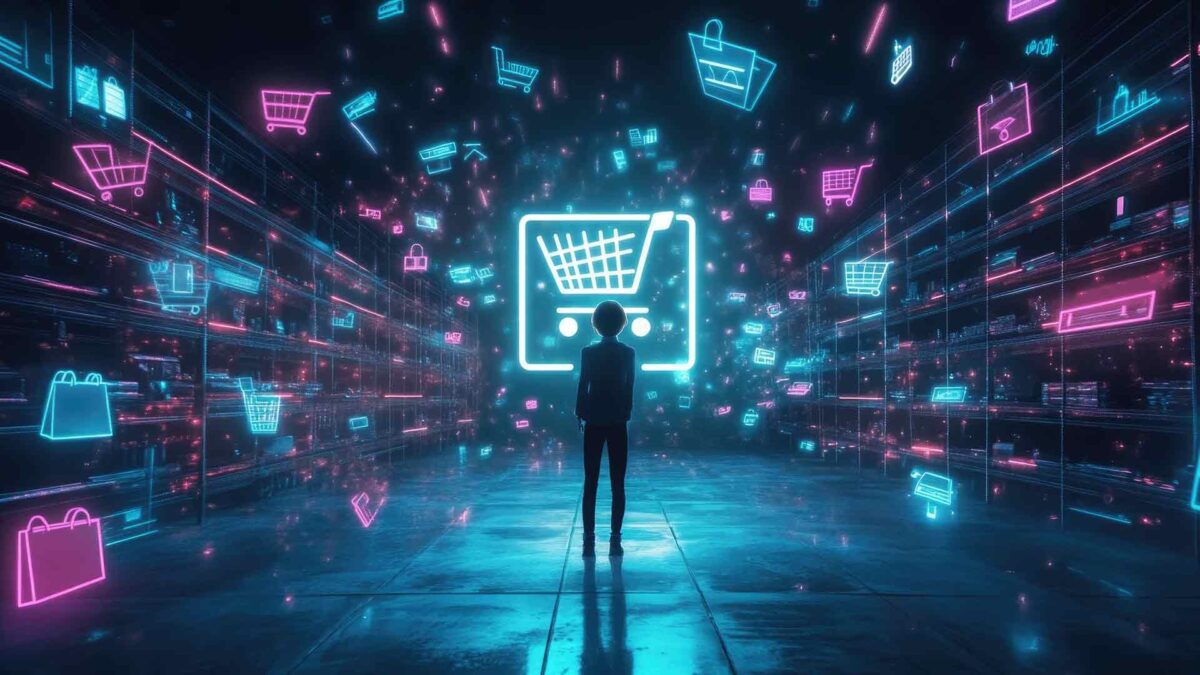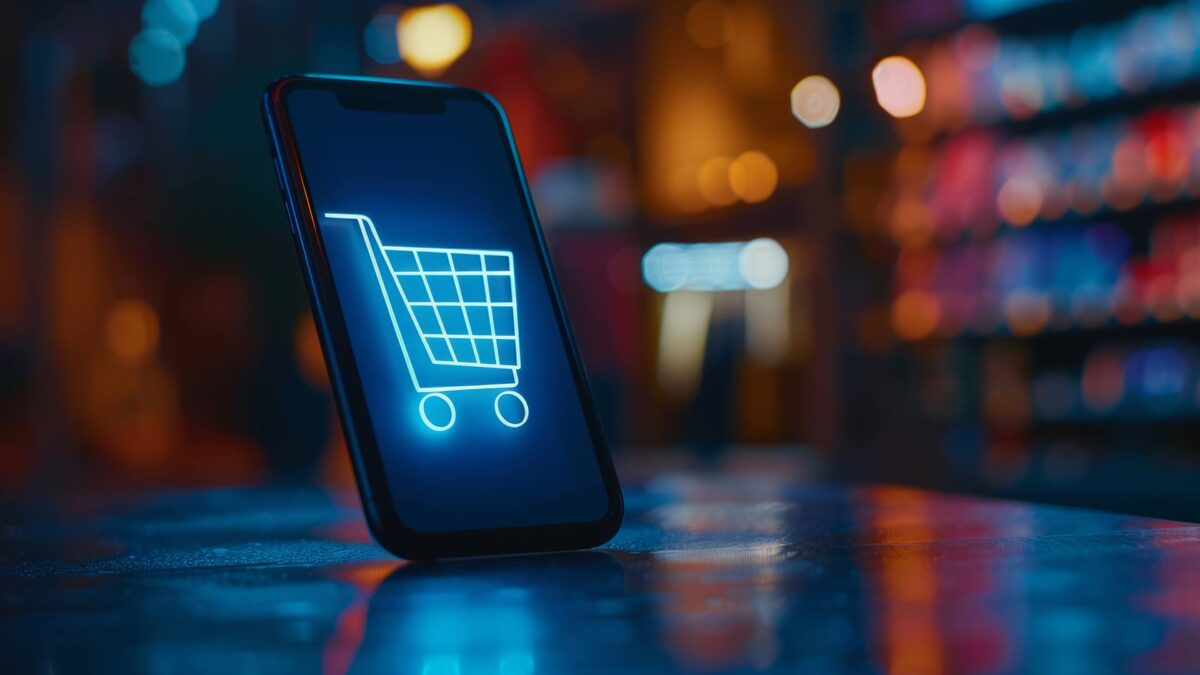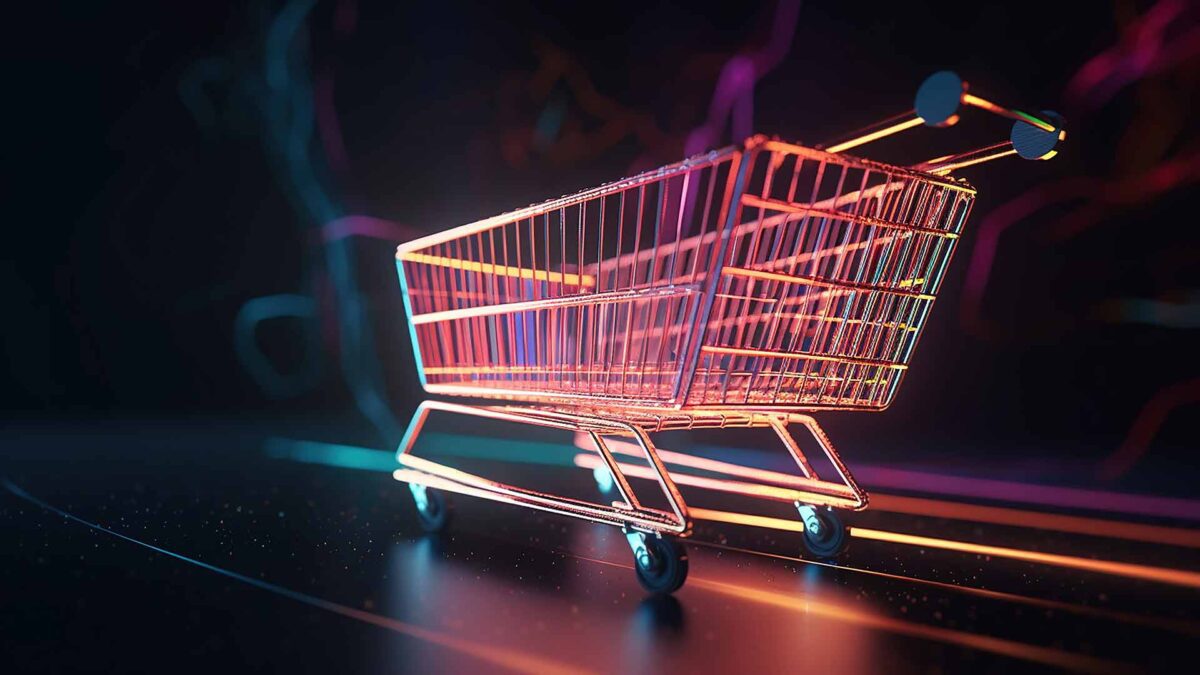As the pace of change and innovation in ecommerce is phenomenal today, B2B order fulfillment (Business to Business) and DTC order fulfillment (Direct to Consumer) services, are becoming too additive to each other. Technology is changing at a very fast rate, and so are the expectations of customers, this is changing the fulfillment structure and therefore it is forcing firms to be more dynamic and integrated. What has been a clear distinction between wholesale large quantities of business purchases and retail purchases by consumers only has been transformed into a system, which demands that business B2B fulfillment companies and direct distribution to the consumers be effectively managed in order for them to compete.
From a brand’s perspective, whether shipping bulk orders to retail partners or sending customized packages directly to the customers’ doorstep, it is important to realize the changing trends in fulfillment. The increasing popularity of eCommerce marketplaces such as Amazon B2B fulfillment has also contributed to the pressing need for flexible and scalable fulfillment models in the market place.
As companies navigate this evolving landscape, those that can successfully integrate direct to consumer order fulfillment with traditional B2B logistics will be best positioned to thrive in the global marketplace. The future of ecommerce fulfillment depends on flexibility, innovation, and the ability to meet the diverse demands of both businesses and individual consumers.

Understanding B2B Fulfillment Services
B2B fulfillment services are wholly concerned with the movement of goods from one business entity to another. Usually, with such transactions, a better part of the DTC order procurement entails large orders, and complex supply chain logistics are involved that goes beyond direct sales. Thus when a company orders B2B fulfillment services from a provider, it encompasses not only warehousing and storage but also management of shipping routes, packing materials and ways to ship the elderly entities as well.
In a world that’s increasingly interconnected, B2B fulfillment services are stepping up to provide more flexible solutions. Modern B2B fulfillment companies are leveraging advanced technologies like automation, AI, and data analytics to enhance accuracy and reduce delivery times. This is especially important in industries where precision is non negotiable, such as medical supplies, manufacturing equipment, and wholesale consumer goods.
Companies like Amazon have even entered the B2B space, offering Amazon B2B fulfillment, which expands the marketplace for manufacturers and retailers alike. By integrating B2B fulfillment services with existing ecommerce systems, businesses can create a seamless experience that benefits their partners by ensuring fast, reliable delivery.
The Rise of Direct to Consumer (DTC) Order Fulfillment
To the other side of eCommerce, there is however the direct to consumer order fulfillment which has lifted many brands to a greater level. DTC order fulfillment means that products are shipped from warehouse directly to the customer without engaging any intermediaries which helps brands to connect better with their customers.
With the explosion of ecommerce, the DTC model has become more appealing to businesses seeking to maintain control over their brand messaging, customer service, and pricing. By working with specialized DTC order fulfillment companies, brands can ensure quick, efficient deliveries, which are crucial in a market where same day and next day delivery are now expected.
In addition, the rising popularity of services relying on subscription models and influencer led consumer tendencies has created an influx of demand for sophisticated DTC fulfillment service options. The operators that will be victorious in this space are the ones that are able to provide an end to end shopping experience from the time the online order is placed to when it is delivered to the customers’ doorsteps.

The Convergence of B2B and DTC Fulfillment
Interestingly, the lines between B2B and DTC fulfillment are beginning to converge. As businesses look to scale and diversify their revenue streams, they are finding it advantageous to incorporate both B2B and DTC fulfillment strategies. For instance, a growing number of companies are using their robust B2B infrastructure to enhance their DTC operations, ensuring that they have the bandwidth to deliver large volumes of small packages just as efficiently as they do bulk orders.
The future of B2B fulfillment services and DTC order fulfillment lies in integration. It’s not enough to choose one or the other; businesses must now adopt a hybrid model that accommodates both types of transactions without sacrificing efficiency. Fulfillment centers are evolving into multipurpose facilities, capable of handling the intricacies of B2B transactions alongside the high volume, fast paced demands of DTC orders.
Fulfillment companies that cater to both B2B and DTC clients are also adopting flexible packaging solutions, dynamic routing, and personalized customer experiences to keep up with changing market demands. This shift is particularly apparent with giants like Amazon, whose Amazon B2B fulfillment solutions provide businesses with the logistical backbone needed to serve both enterprise level clients and individual consumers.

What the Future Holds for Fulfillment Companies
Looking ahead, the future of ecommerce fulfillment will undoubtedly be shaped by innovations in technology, customer expectations, and global logistics. To stay competitive, businesses will need to partner with B2B fulfillment companies that offer state of the art solutions tailored to the needs of both B2B and DTC clients.
Automation and artificial intelligence will continue to play a pivotal role in optimizing warehouse operations, from inventory management to packaging and shipping. Additionally, advancements in data analytics will allow businesses to make more informed decisions about everything from stocking levels to shipping routes, further improving efficiency and reducing costs.
For ecommerce businesses, the challenge will be to strike the right balance between B2B fulfillment and DTC order fulfillment. By implementing a flexible, scalable fulfillment strategy, companies can meet the needs of diverse customers. Whether that means delivering 10,000 units to a retail partner or a single product to a consumer in record time.
So, the conclusion is that the world of ecommerce is changing and companies have to adapt to both B2B and DTC models in order to keep up with the competition. A sustainable traction will be achieved by the companies capable of dealing with the supply chain issues and providing efficient service to both businesses and individuals.
The future of ecommerce is here, and it’s all about flexibility, speed, and customer centric fulfillment solutions. Whether you’re looking at B2B fulfillment services, DTC order fulfillment, or the hybrid of both, the key is to stay ahead of the curve and adapt to the shifting needs of the global marketplace.
